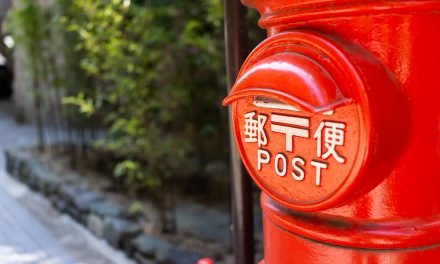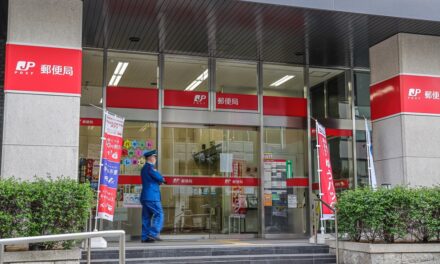
ACCJ seeks equal competition conditions for Japan Post spin-offs
The American Chamber of Commerce in Japan urged the Japanese government Tuesday to ensure that equivalent conditions of competition with private-sector firms will be applied to postal entities, which will be spun off from Japan Post and fully privatized by 2017 under the newly enacted postal reform laws.
The body representing more than 1,400 companies said that Japan should follow “global best practices” such as treating domestic and foreign service providers equally and securing transparency and fairness in implementing the privatization laws.
“The ACCJ believes that privatization consistent with the global best practices identified in our report is crucial to achieving favorable results,” said ACCJ Executive Director Donald Westmore in releasing the organization’s report at the Foreign Correspondents Club of Japan in Tokyo.
Those best practices are stipulated by such international organizations as the Organization for Economic Cooperation and Development, the World Bank and the World Trade Organization, according to the report.
Under the legislation enacted on Oct. 14, Japan Post will be split into four stock companies under a holding firm on Oct. 1, 2007, and its postal savings and “kampo” life insurance businesses will be fully privatized by Sept. 30, 2017, with the government-backed umbrella entity unloading stakes in them.
ACCJ President Debbie Howard pointed out that kampo accounts for 40 percent of all life insurance assets in Japan and postal savings take up 30 percent of personal individual savings deposits, which total approximately a quarter of all personal assets in Japan or about 396 trillion yen.
“In light of its breath-taking scale and the scope of operations and major privileges it receives, the privatization of Japan Post would clearly have profound effects on Japan’s economic and financial systems for decades to come,” Howard said.
“It is imperative that this privatization be conducted in a manner consistent with sound market principles to ensure that this privatization brings important economic benefits to Japan’s economy and to Japanese consumers,” she said.
The president called on the postal savings and kampo spin-offs to shoulder the same level of taxes as their private-sector competitors, have their government guarantee eliminated, come under full supervision of the Financial Services Agency and not adopt a cross-subsidization strategy.
ACCJ Chairman Robert Grondine expressed hope that the privatization of Japan Post will not follow the steps taken by Nippon Telegraph and Telephone Corp. NTT was released into the market in 1985 as a “dominant player” and many trade frictions occurred later due to its lingering powerful influence, he said.
Grondine also said the 10-year transition period in the Japan Post privatization process is “very long” and could produce confusion because many conditions remain vague. For example, it is not known when the government will release its stakes in the spin-offs during the period, he said.
Howard said the ACCJ will present its report to Japanese government entities and will brief Japanese lawmakers on its claim in February.












